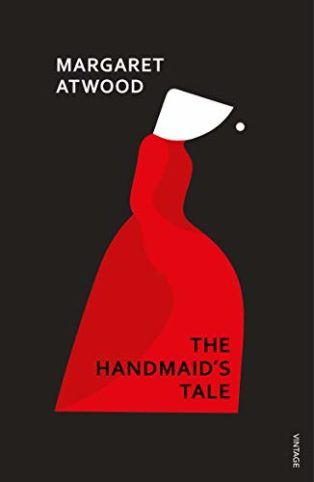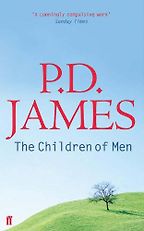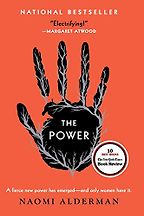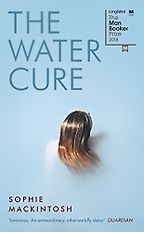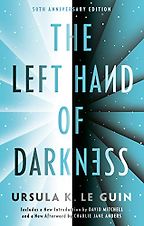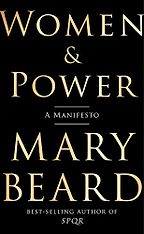Set in a dystopian future, wherein a catastrophe-riven America has been reborn under a Christian theocracy, Atwood’s titular handmaids have been stripped of their fundamental rights and reduced to their reproductive potential. The book’s eagerly awaited sequel, The Testaments, was released in 2019 and—alongside Bernardine Evaristo’s Girl, Woman, Other—was the joint winner of that year’s Booker Prize. But Atwood’s timeless classic, never more popular than in the years since its televisual reimagining by Hulu, built upon work by earlier writers, and inspired a generation of writers in its turn. Here are five brilliant books like The Handmaid’s Tale that further examine the themes that preoccupy Margaret Atwood, some of which are often grouped under the heading ‘feminist dystopia’.
Set in a near-future (this time, in England), in which the entire population has been rendered infertile, this dystopian classic also explores themes of human reproduction and political dissidence. You might be familiar with it as the book that formed the bedrock of Alfonso Cuarón’s hit 2006 film of the same name, which starred Julianne Moore and Clive Owen, although Cuarón made significant alterations to James’s original plot. It’s well worth returning to the original text. The Children of Men was first recommended on our site by the physicist Andrew Briggs, in his interview on books about the nature of reality.
Alderman dedicated this book—a feminist science fiction novel, in which women are discovered to have the ability to electrocute men at will by means of a hidden internal organ—to Margaret Atwood, who acted as her literary mentor during 2012 and 2013. The two writers obviously have a great many common interests, and fans of Atwood will find a lot to like in this fantastical tale, which sees gender roles upended and then later inverted. The Power was the winner of the £30,000 Baileys Women’s Prize for Fiction in 2017.
Mackintosh made a splash with her literary debut, a strange and intoxicating novel about three sisters living in isolation with their parents in an abandoned island hotel. When three strange men wash up on the beach, they come into contact with the contamination of the world for the first time. The world of the book, like that of The Handmaid’s Tale, is said to be polluted by some invisible toxin; in this case, one doesn’t know whether to believe the reports. Longlisted for the Man Booker Prize, this is a disturbing and morally ambiguous fable which will suck you under. Also of note is Mackintosh’s second novel: another feminist dystopia called Blue Ticket, which made our list of the most notable novels of summer 2020. Like The Handmaid’s Tale, this new book concerns itself with childbearing and childlessness and is highly recommended.
No reading list covering gender in speculative fiction would be complete without reference to Ursula Le Guin’s classic work. The Left Hand of Darkness follows a diplomat from an interplanetary alliance on his first approach to an icy planet, whose most intelligent life forms are largely androgynous, but—when they come into heat—can become either sex. Neither dystopian nor truly utopian, Le Guin’s book is a fascinating and immersive study of an imaginary alien culture that throws a great deal of light upon our own. This Lithub essay by the novelist Becky Chambers offers some further insight into the significance of Le Guin’s gender-queer masterpiece.
If all the above have merely whetted your appetite, why not move into the realm of nonfiction, starting with the acclaimed classicist Mary Beard’s highly acclaimed cultural history of female figureheads, from Medusa to Merkel. When, in the ancient myth, Philomena has her tongue cut from her mouth so she may not speak of her rape, it “is not the peculiar ideology of some distant culture,” writes Beard, but an underlying plank of the system we call our own. Seen through this prism, Atwood’s fiction may not be so far from the truth.
Get the weekly Five Books newsletter
Five Books interviews are expensive to produce. If you've enjoyed this interview, please support us by donating a small amount.
